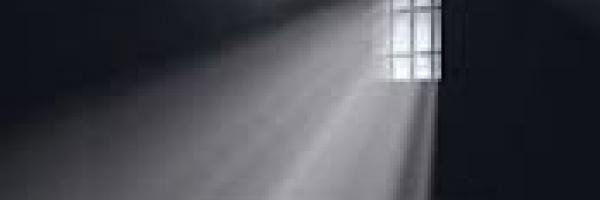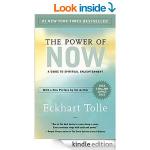The grief process didn’t start with my mom’s death. It actually started two and a half years ago when she was first diagnosed with Stage IV Colon Cancer. I remember my therapist pointing this out, but at first, I rejected the possibility. To me, admitting that I was grieving seemed liked I was giving permission to the terminal in my mom’s diagnosis. Instead, I kept my focus on being emotionally and spiritually healthy so that we would be worthy of a miracle and for awhile, it appeared to be working.
Unfortunately, just a few months shy of two years from her diagnosis, darkness descended upon us. In December, a large tumor was found and a threatening cloud hovered over our family. Despite the consuming gloom, my mother continued to fight. She bore down and step by step, plowed through the threat. In so doing, it wasn’t God who gave our family hope any more. It was my mom, herself.
I knew we were all deserving of a miracle, most especially, my mother. At the same time, I’ve always believed that there’s an inevitable destiny that exists within sickness and death. I was not God and I had no control. This was completely out of my hands. As I surrendered during this dark time, I began to face the fact that I was grieving and had been grieving for years.
When I first explored grieving websites, I realized that grieving wasn’t about the ultimate death aspect; rather, it’s about the many emotional stages that arise before, during and after: guilt, anger, denial, bargaining, fear of loss (loneliness/depression) and etc. Depending on who you talk to, there can be as many as seven different kinds of emotional states. As a family, we thoroughly explored grief’s entire emotional range, yet seemed to have created personal preferences over the last year.
For my mom, sister and Jerry, they agreed on denial as a coping strategy. In fact, this was actually discussed in a family meeting. It made it easier for them to stay optimistic. In all fairness, it was rather effective considering how every Kaiser doctor insisted that my mom accept her diagnosis as a death sentence. Since the Oncologists, themselves, became a bigger obstacle than the cancer, denial was quite a useful tool in drowning out their negativity.
For me, my emotional and mental growth made it impossible for me to participate fully in the face of denial. I guess you could say that my healthiness worked against me. As I struggled with these faces of grief, I found the fear of loss the most challenging. Fortunately, I had the functional wherewithal to admit to the fear and find peace in meditation. Due to the nature and potency of fear, releasing it became part of my daily routine.
Interestingly, now that the loss is here, the fear has dissipated; poof, gone. And truth be told, I actually miss it. In fact, I feel deflated without it. Because nothing, not even fear, can buffer the excruciating pain of the loss any longer.
As I come to terms with my mom’s death, I’ve realized, surprisingly, that fear has been my friend over the years. It created a barrier, separating me and my hope from the terminal in my mother’s diagnosis. Because I was concentrating on releasing my fears rather than on the potential loss, I didn’t have the time to think that this may be the last Thanksgiving, last Christmas, last Mother’s Day and etc; I was able to enjoy these the moments with my mother without diluting our time in the depression of loss. Wow, what an incredible gift!
When all is said and done, fear, unwittingly, let me down gently over these last several years and I’m grateful for that. I mean, who would have thought that fear could have such a tender purpose?


